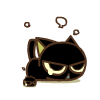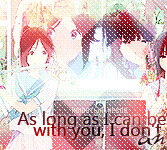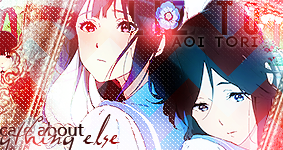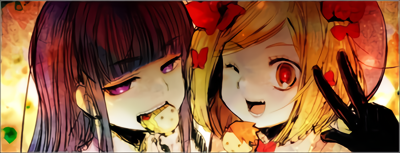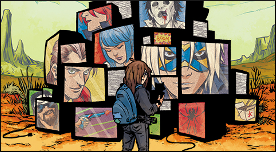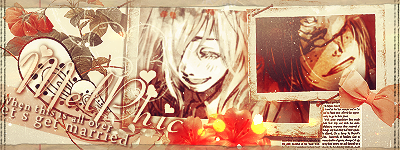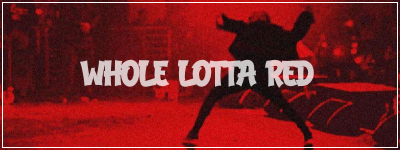The first title I have completed for this challenge is Eden: It's an Endless World, a manga I will put next to the "re-read a manga" line. As it is, I am still overcome with various disorganised thoughts, but I figured I'd share a bit of them here.
I can't say that it is a masterpiece, but it definitely is a monumental, contemplative and taut work. Like in his short story collection, Endo adopts a rather cynical worldview throughout the entire manga while following a vast array of characters most of which struggle, in vain, to bring change to an discriminatory system. However, it is clear that trying to do this is too much of a demanding task when the comparably delicate human psyche is involved. It is, I think, because humans cannot help but bend under the circumstances and inevitably feel the need to adopt emotional and ideological forces that may not be in tune with their own desires.
The way the manga progresses is sometimes hurried but always focused, naturally fleshing out both the characters and the story. It almost feels like an excellent documentary, both unbiased in tone and profound in content, portraying life as it is. The universal themes that are explored make Eden a story that can be appreciated by anyone with an open-mind.
It is interesting that, while being a sci-fi story at its core, Eden manages to successfully feature bits of thriller, psychological drama and even comedy (arguably the weakest aspect of the manga). Despite all this, perhaps it primarily needs to be seen as a story concerned with the development of the characters, the interactions they have with others and how this communication has the power to affect not only the individual but also their surroundings. In this sense, while there are indeed moments of thrilling action, some of the most gripping and expressive moments tend to be the calm moments in between storms, moments when the characters take the time to breathe.
I first read it almost five years ago, and felt that something was off with how the conclusion was presented. However, after this read-through, I think that my main gripe was with the change of pace in the latter chapters, as it is even now. Whereas the chapters that featured side stories which did not seem to have a connection to the main story, were in fact all parts of a much grander scheme, the timing and the build-up leading to which was appropriate. Ultimatelly, the loose ends were tied together in a neat fashion. It still is a very gripping story that showed me characters I could relate to, made me question my own ideals, take a look at society from a lot of different standpoints, see and understand how things work and how ideologies affect those who create them, and the people who are subsequently left behind.
---
The second entry on my list would be Monokuro Kinderbook, a josei title through and through. It is also one of those titles that I find hard to describe as either pleasant or unpleasant. In some ways it was an interesting experience simply due to its unusual drawing style and overall tone. It felt as if I was reading a European, most likely French comic book rather than a manga. Another good comparison would be to a film storyboard or rough sketches. While some chapters had some thought-provoking ideas, most were simply boring. I suppose it takes a true talent to make slice of life stories become page-turners all the while sticking firmly to content heavily grounded in reality. The biggest minus of the manga was the disjointed dialogue - it was nearly impossible to make out who is saying what. Overall, I wouldn't recommend it unless you're looking for something short, mostly easily digestible content-wise, and uniquely drawn. Otherwise, you'd be better off without it. |



